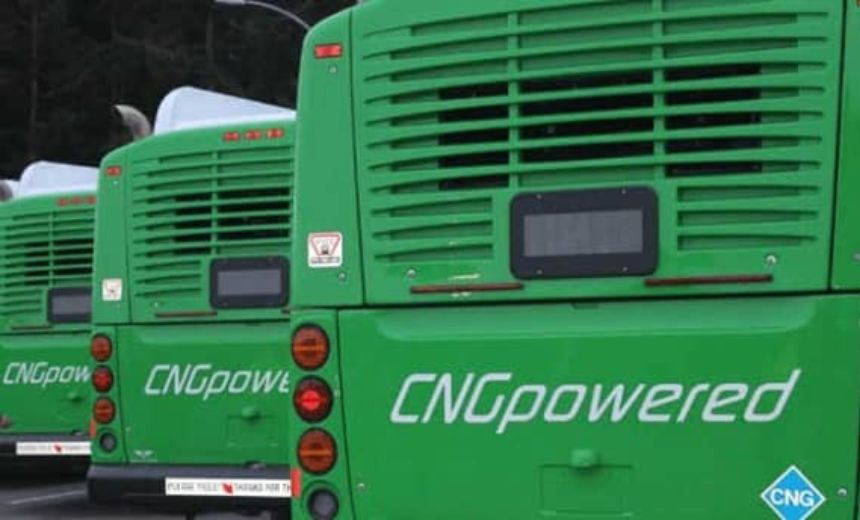Aliko Dangote, the wealthiest individual in Africa, mentioned at the 2024 Crude Oil Refinery-owners Association of Nigeria (CORAN) summit in Lagos that the Dangote Petroleum Refinery was constructed without receiving any incentives from the federal government.
Gatekeepers News reports that Dangote was represented by Mansur Ahmed, Group Executive Director of Dangote Industries Ltd.
“We built the Dangote refinery without a single incentive from the government,” he said.
Dangote also said Nigeria needs to stop mortgaging crude, to enable the country to save for the future.
“To ensure sufficient feedstock availability, we will need to stop mortgaging crude. It is unfortunate that while countries like Norway are putting oil proceeds into a future fund, in Africa we are spending oil proceeds from the future,” Dangote said.
He said the country would also need to prioritise the implementation of the domestic crude supply obligations, adding that the country would need to expand crude oil production capacity to support demand from new refining capacity.
“The government of President Bola Ahmed Tinubu is taking active steps to achieve this through fast tracking IOC divestments and other initiatives,” he said.
On Nigeria becoming a net petroleum products exporter and an energy-sufficient country, he said the country would need to build 1.5 million barrels per day of refining capacity.
“This will not be an easy feat and strong government support will be required to achieve this,” he said.
To achieve the vision of turning Nigeria into a refining hub, Dangote said investors need to be incentivised.
Addressing Nigeria’s potential as a refining hub, Dangote said despite producing over 3.4 million barrels of crude oil (bpd) per day, Africa imports around 3 million barrels of petroleum products daily.
He noted that the imports, primarily from Europe, Russia, and other regions, are estimated to cost approximately $17 billion in 2023.
“However, these markets will be more competitively served from Nigeria. Both the crude oil and the petroleum products will travel shorter distances,” Dangote said.
He said the logistics costs of a floating storage “would be eliminated, and countries can purchase their petroleum product requirements just in time”.
“Nigeria and Africa can become completely self-sufficient and we can keep all the value on our shores. We have done it in Cement, and we can certainly do it for petroleum products,” he said.
“It is worth noting that the Dangote refinery already produces sufficient diesel and jet fuel to meet Nigeria’s demand.”
Dangote said the refinery recently started the production of petrol and would soon ramp up to meet Nigeria’s demand.
He said the refinery’s refined products have been exported to diverse markets, including Europe, Brazil, the United Kingdom, the United States, Singapore, and South Korea, among others.
Commending Dangote for the transformation, Abdulrazaq Isa, chairman of Waltersmith Refinery and Petrochemicals Company Ltd, called on the government to support domestic refiners by guaranteeing the availability of crude, adhering to domestic crude supply obligations, and implementing effective pricing and monitoring measures to prevent smuggling.







